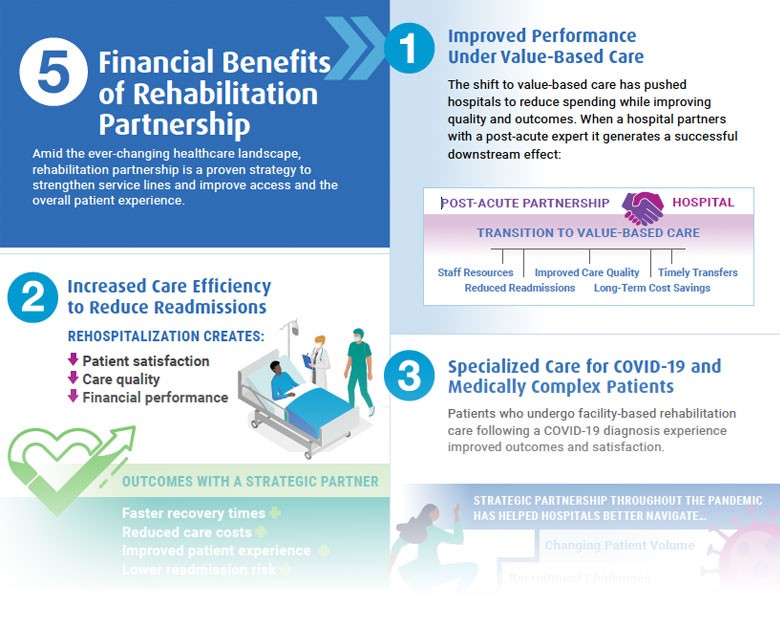Narconon Africa Things To Know Before You Buy
Table of ContentsNarconon Africa Fundamentals ExplainedRumored Buzz on Narconon AfricaThe Definitive Guide for Narconon AfricaThe Main Principles Of Narconon Africa The Ultimate Guide To Narconon AfricaNot known Factual Statements About Narconon Africa See This Report on Narconon Africa
In a collection of papers with Manudeep Bhuller and Katrine V. Lken, we get over these data obstacles and the nonrandomness of imprisonment, providing brand-new understandings into just how imprisonment affects recidivism, employment, youngsters, and criminal networks - Drug-free detoxification. Number 1 Our job studies the impacts of imprisonment in Norway, a setting with two crucial benefitsWe can better link this info to various other household participants, including children and siblings. Furthermore, we know on co-offending that enables us to draw up criminal networks for observed criminal offenses. Second, we can take advantage of the random project of criminal situations to judges who differ in their propensities to send out offenders to jail.
But some courts send out accuseds to prison at a high rate, while others are much more lenient. We gauge a court's stringency as the typical incarceration rate for all other instances a court takes care of, after controlling for court and year fixed impacts, which is the level of random assignment. This quasi-random job of court stringency can be utilized as an instrument for incarceration, as it highly anticipates the judge's choice in the present situation, but is uncorrelated with various other instance attributes both deliberately and empirically.
The smart Trick of Narconon Africa That Nobody is Talking About
Attributes of prisoners, including demographics and crime groups, are extensively comparable in Norway and other nations, including the United States, with the exemptions that the US homicide rate is a lot greater, and race plays a larger function there too. What attracts attention as different, particularly compared to the United States, is the jail system.
Number 2In Norway, the typical time invested behind bars is a little over 6 months, which resembles most other Western European countries. This contrasts with ordinary United States jail time of nearly 3 years, which remains in big component the factor the United States is an outlier in its incarceration rate contrasted with the remainder of the globe [Figure 1]
Narconon Africa Fundamentals Explained
This offers a lot more separation between minor and solidified criminals than exists in the United States. There is no congestion in Norwegian jails and much better personal safety, with each detainee being designated to their own cell and a greater inmate-to-staff proportion than in the United States (https://narcononafrica.bandcamp.com/album/narconon-africa). Prisons in Norway likewise supply well-funded education, medication therapy, mental health and wellness, and work training programs
Our research on the effects of imprisonment on the offender, utilizing the arbitrary project of judges as a tool, returns 3 vital findings. Jail time inhibits further criminal habits. We discover that imprisonment decreases the probability that an individual will reoffend within five years by 27 portion factors and minimizes the equivalent number of criminal charges per person by 10 fees.
A Biased View of Narconon Africa
We discover large reductions in reoffending possibilities and advancing charged criminal activities also after accuseds are released from jail. Our 2nd result is that bias due to selection on unobservable specific qualities, if overlooked, leads to the wrong verdict that time invested in prison is criminogenic. If we merely contrast criminal offenders imprisoned versus those not sent to jail, we discover positive organizations in between imprisonment and subsequent crime.
This stands in comparison to our analysis based on the arbitrary project of judges, which discovers an opposite-signed result. Third, the decrease in criminal offense is driven by individuals that were not working before imprisonment. Amongst these individuals, jail time enhances participation in programs guided at enhancing employability and reducing regression, and this eventually raises work and revenues while discouraging criminal habits.

Imprisonment triggers a 34 percent point rise in involvement in work training programs for the previously nonemployed, and within five years their work rate rises by 40 percent points. At the very same time, the probability of reoffending within 5 years is reduced by 46 percentage points, and there is a decrease of 22 in the average variety of criminal fees.
Narconon Africa Can Be Fun For Everyone

A possible explanation for the distinction is that Norway's jail system differs markedly, both in terms of prison-term length and prison conditions, from the United States jail system. While recognizing the results of imprisonment on the wrongdoer is a vital initial step, catching spillover impacts is likewise essential for assessing criminal justice plan and creating efficient jail systems.
Narconon Africa for Dummies

Common least squares approximates reveal that youngsters of incarcerated dads are 1 percentage factor more probable to be charged with a criminal activity, family member to a mean of 13 percent, and show no impact on college qualities. Using our court stringency instrument, we locate no statistical proof that a dad's imprisonment affects a youngster's own criminal activity or institution qualities, however we are unable to dismiss modest-sized results.
Not known Facts About Narconon Africa
We specify criminal teams based upon network links to previous criminal cases. Our analysis returns 3 major findings. When a criminal network member is jailed, their peers' likelihood of being billed with a future criminal activity decreases by 51 percentage points over the next four years. Having an older sibling jailed minimizes the chance his more youthful bro will certainly be billed with a criminal activity by 32 percent factors over the next four years.